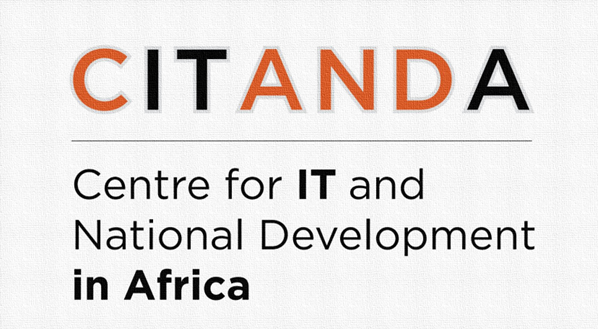Abstract
The purpose of this study is to understand the rationale for and the process of replacing an imported proprietary higher education management software with a locally developed free and open source software (FOSS). Information Systems (IS) research on FOSS and higher education in low-income countries has focused more on teaching and learning. Less attention has thus been paid to the area of management and administration. Also, low-income country IS research on technology transfer has focused more on applications from the high-income world. Less research therefore exists on transfers between low-income countries. To address these research gaps, this study employs improvisation theory and interpretive case study methodology to investigate why and how a low-income country university replaced a proprietary higher education management software from another low-income country with a locally developed FOSS. The findings show that the university did so through improvisation to overcome the rigidity of the proprietary software and benefit from the flexibility of the FOSS. The study offers rich insight into how low-income country universities can deploy FOSS through improvisation to address design-actuality gap with imported proprietary software and also presents implications for research and practice.


